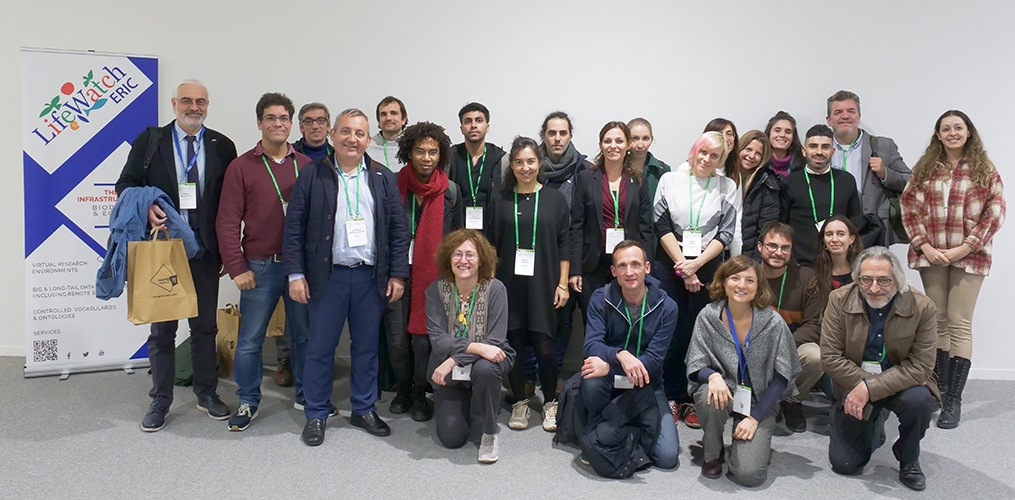
The SFE2, GFÖ & EEF International Conference on Ecological Sciences is taking place in Metz this week, from 21–25 November, organised by the LIEC (University of Lorraine, CNRS) and other labs in northeastern France working in the fields of ecology and evolution. LifeWatch ERIC is not only there with a stand, but is contributing to the agenda with cutting-edge topics in the field of biodiversity– namely, Non-indigenous and Invasive Species (NIS), considered one of the major threats to ecosystem functioning and one of the main drivers of biodiversity loss.
The European Infrastructure for Biodiversity and Ecosystem Research is putting on two events at the Conference on Ecological Sciences, a Workshop on 21 November to train scientists in the use of e-tools and resources to address key ecological questions on Non-indigenous and Invasive Species, and a Symposium on European Research Infrastructures (RIs).
The Workshop consists of a 4-hour training session in which interested attendees learn how to access and use LifeWatch ERIC Virtual Research Environments (VREs) from their personal computers, in which NIS case studies and workflows are embedded. The hands-on session is introduced by an interactive session to guide the attendees on their first approach to the VREs and related e-tools.
At the Symposium on 24 November, the discussion focuses on major scientific and societal challenges presented by biodiversity loss. Speakers are to present their RIs, then illustrate the services and facilities that these RIs can provide to address major threats for biodiversity (e.g., alien species, habitat degradation and fragmentation, etc.) and tackle climate change impacts affecting ecosystem functioning and services. It is therefore also an occasion to explore multidisciplinary expertise and synergies on these key topics.
Please follow the links for more information on the Workshop and the Symposium.